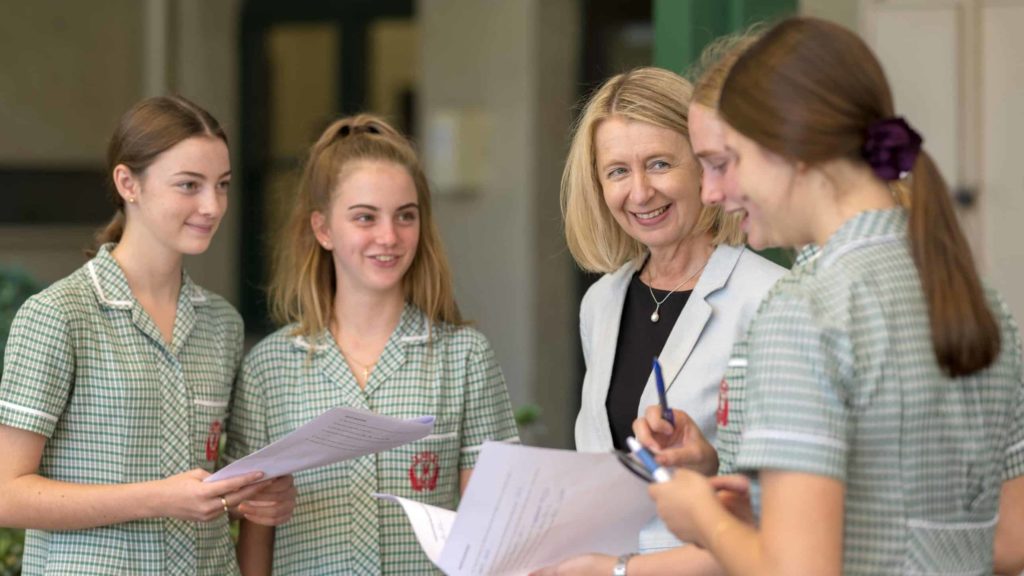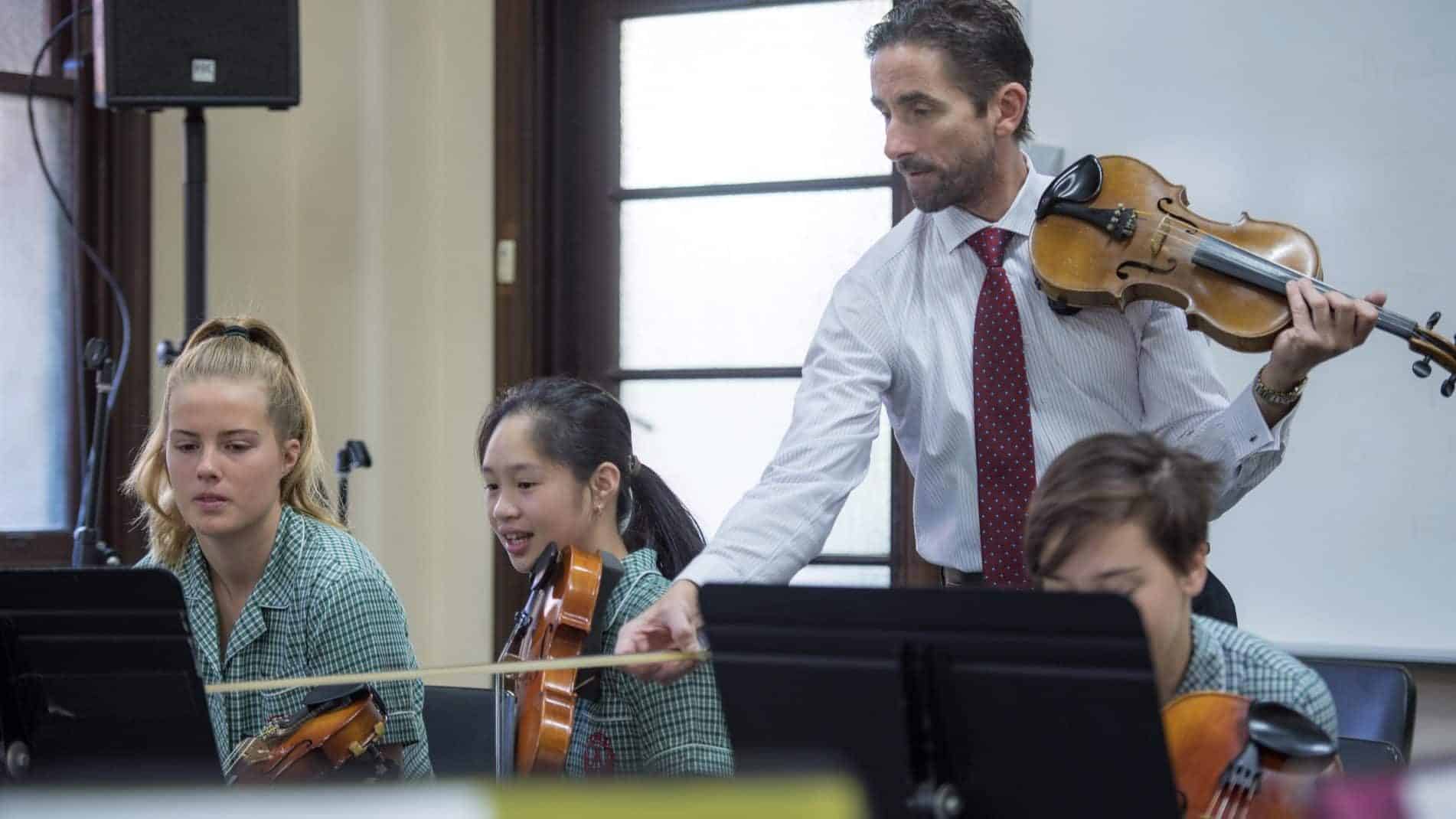 At the beginning of each school year, you cross your fingers and toes hoping your child gets a great teacher. Someone who will help them thrive.
At the beginning of each school year, you cross your fingers and toes hoping your child gets a great teacher. Someone who will help them thrive.
Different kids have different needs and different teachers have different strengths. It is unlikely you will get a perfect match every year. However, before writing a teacher off as ‘useless’ or marching up to school, it is worth looking at what makes an effective teacher. It might be that your child’s teacher has strengths you haven’t considered.
This is by no means a checklist. It would be unreasonable to expect every teacher to be equally brilliant in all of these areas. However, there are trends and behaviours that we know are powerful.
What effective teachers do?
1. They build relationships with students that are respectful.
Relationships are everything in education. Effective teachers build supportive bonds so that students know they are safe to take social and learning risks. They also set clear boundaries. When boundaries are clear there is a framework for respect. Everyone knows where they stand and what is expected. This can be confronting at first for kids who haven’t been exposed to clear boundaries previously.
2. They build relationships with parents and involve them in the learning process.
Teachers have educational expertise, parents have relational knowledge of their child. Together this combination is unstoppable. Effective teachers engage parents in learning rather than just involving them in activities. That said, parents need to communicate clearly and constructively with teachers too.
3. They make the process of learning and assessment transparent.
Learning and assessment should not be a mystery to a child. Good teachers explain, “This is what we are learning, this is why we are learning it, this is what I am looking for, this is how you can show me you understand.”
Assessment should be a way of celebrating what has been learnt and finding out what hasn’t been mastered yet. Your child’s learning can’t be judged by a number. Avoid judging a teacher on your child’s grades, look rather at how they discuss learning.
4. They ensure each child is seen, is appreciated and contributes.
When a child understands that they matter to the school community, but also have responsibilities to that community, they know they belong. That child then ensures other people matter and belong too. That’s how we create an inclusive, empathetic society. Good teachers understand and teach civic responsibility.

5. They model a passion for learning.
Kids fall in love with ideas and subjects when they are presented to them in a passionate manner. They fall in love with learning when they associate it with wonder and energy.
Effective teachers are surprising kids: they’re doing the accents when they read a book, they’re showing them astonishing animals and plants, they’re opening doors to ideas that blow kids’ minds.
6. They challenge their students.
It is a fine art to know how to edge kids beyond their comfort zone but not so far that they are afraid. Effective teachers help a child find his/her flow…the spot where the magic happens. Inevitably, children balk at the discomfort of challenge. It is sometimes easier to say the teacher is no good rather than to accept the feeling of discomfort that is necessary for growth.
7. They know their stuff.
Effective teachers know their content. When teachers know their content and their kids, they can find ways to make the learning much more interesting and effective. They know what will work. These teachers don’t generally do the same things year in, year out.
8. They admit mistakes and apologise.
Nobody is perfect, and we learn from our mistakes and failures. It is important that adults role model this as much as any other aspect of learning. If your child’s teacher makes a mistake, don’t dwell on the error, look at how they respond.
9. They talk about their emotions and model regulation.
Okay, we’re not looking for teachers who are oversharing, but it’s great if they can acknowledge their emotional responses and talk about how those feelings can be managed positively. This will aid your child’s social-emotional development. If your child’s teacher is able to assist with this kind of learning, you’ve struck gold.
10. Blur the boundaries between learning and life.
Learning doesn’t just happen in isolation. Learning is life! Effective teachers turn students onto learning by showing them why it matters. They use real-life examples and help kids engage with the world around them. In this way, they create life-long learners.
Finally…
Santa Maria College Principal, Jennifer Oaten says, “It is always difficult when a parent raises a concern about a teacher and expects their child to be able to change classes or teachers. This is not the way to solve your child’s discomfort. What we encourage our students to do is to accept that all of their teachers have different strengths; some are quiet, some are funny, some are very structured, some are very loud while others are overtly passionate. Each of these teachers can be excellent. A discussion with your child about the characteristics of an effective teacher is a great place to start.”










